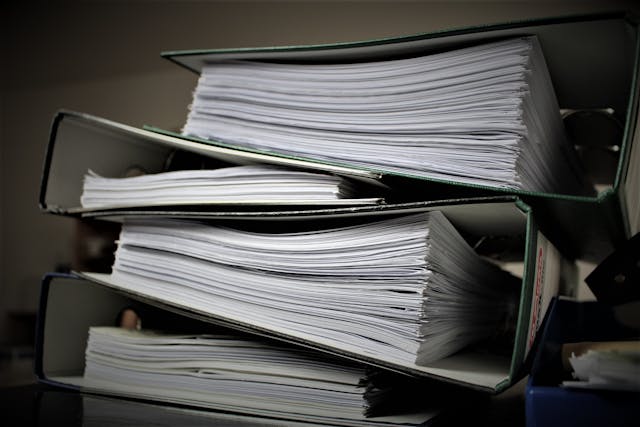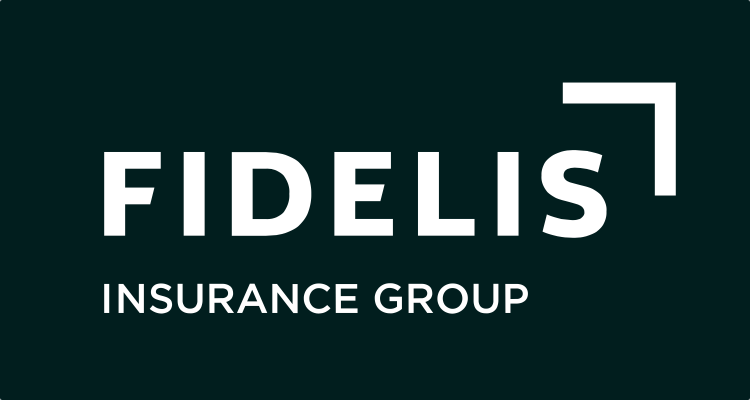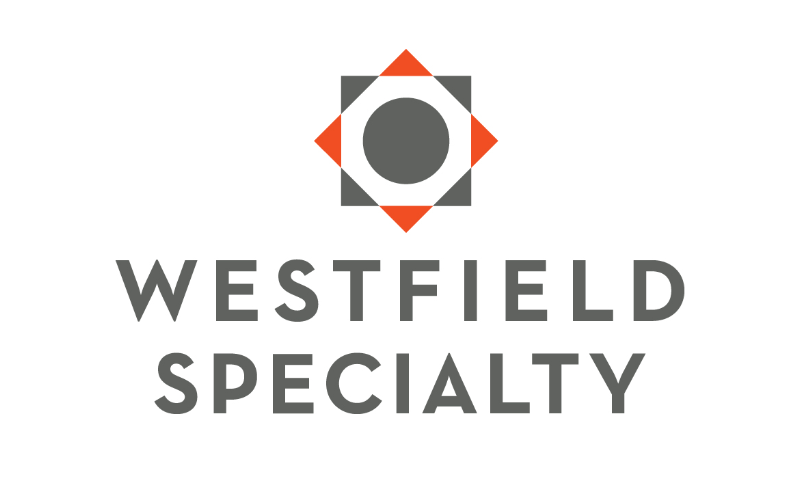Why You Should Accurately Value Your Assets Before Buying Property and Liability Insurance
When it comes to buying property and liability insurance, most people focus on the cost of the premiums and the coverage provided. However, one of the most important aspects of obtaining the right insurance is the accurate valuation of your assets. Whether you’re insuring your home, vehicle, or business, knowing the true value of your assets is key to making sure you’re properly protected.
Inaccurate asset valuation can lead to insufficient coverage, resulting in significant financial loss in the event of a claim. On the other hand, overvaluing your assets can lead to unnecessarily high premiums. To ensure you get the best value and protection, it’s crucial to understand why an accurate asset valuation is essential when buying property and liability insurance.
In this article, we’ll walk through the reasons why valuing your assets accurately is so important, how it impacts your insurance premiums, and the steps you can take to make sure you’re properly covered.
1. The Importance of Accurate Asset Valuation
Accurate asset valuation goes beyond just the dollar amount you’re willing to pay for insurance. It determines the amount your insurer will cover in the event of a loss. An accurate assessment ensures that your property is fully covered and that you’re not paying for coverage you don’t need.
Why It Matters
-
Underinsurance: If you understate the value of your assets, you risk not receiving enough compensation to replace or repair them in case of a disaster.
-
Overinsurance: On the flip side, overestimating the value of your assets leads to unnecessary premiums that can drain your finances over time.
-
Claims Process: Having an accurate valuation makes the claims process smoother, as the insurer will know the proper amount to pay you based on the true worth of your property.
2. How Property and Liability Insurance Work
To understand the importance of accurate asset valuation, it’s essential to know how property and liability insurance work.
-
Property Insurance: This type of insurance covers the physical assets you own, such as your home, car, or business. The amount you insure your property for determines the payout you’d receive in case of damage, theft, or total loss.
-
Liability Insurance: Liability insurance covers damages or legal costs you may incur if you’re found responsible for injury or damage to another person’s property. The limits of liability coverage will affect how much you can claim if you’re sued.
3. Underinsurance: A Dangerous Mistake
Underinsuring your property is a common mistake. It might seem like a way to save on premiums, but in the event of a disaster, it can leave you with little to no compensation.
What Happens if You’re Underinsured?
If the value of your property is underestimated, your insurer will only pay out a percentage of the total replacement cost. For example, if you’ve valued your home at $100,000 but it’s worth $200,000, and it’s destroyed in a fire, you might only receive a payout of $100,000. This would leave you out of pocket for the remaining $100,000.
How to Avoid Underinsurance
-
Get a professional appraisal: Consider hiring an expert to help you assess the true value of your assets. Professional appraisers can provide an objective and accurate valuation of your property.
-
Review your insurance regularly: As property values fluctuate, it’s important to regularly reassess your asset’s value to ensure your coverage aligns with its current worth.
4. Overinsurance: The Hidden Cost
While underinsurance is a major risk, overinsurance is just as problematic. Insuring your property for more than its value doesn’t give you extra protection. Instead, it results in higher premiums without any added benefit.
What Happens if You’re Overinsured?
Overvaluing your assets means you’ll pay higher premiums, sometimes for years. The problem is that, in most cases, insurers won’t pay more than the actual value of the property, even if you’ve insured it for a higher amount.
For example, if you insure your car for $50,000 but its actual value is only $30,000, you’ll be paying for coverage you don’t need. In the event of a claim, the insurer will only reimburse you for its actual value.
How to Avoid Overinsurance
-
Know the market value: Stay updated on the current market value of your assets. Property and car values fluctuate over time, and it’s important to adjust your coverage accordingly.
-
Consult with your insurer: Insurance companies often provide guidance on how much coverage you should have based on your assets. They can help ensure you’re neither underinsured nor overinsured.
5. The Role of Depreciation
Depreciation is another important factor in determining the value of your assets. As property and vehicles age, they lose value. If you fail to account for depreciation, you could end up overvaluing your assets, leading to higher premiums.
How Depreciation Affects Insurance
Most insurance policies will factor in depreciation when determining the payout amount. For example, if your car is five years old, its value will be lower than when it was new. The insurance company may only cover the depreciated value, not the full replacement cost.
How to Account for Depreciation
-
Understand the policy type: There are two main types of coverage: replacement cost (which covers the cost to replace your property with a new one) and actual cash value (which accounts for depreciation). If you want to ensure full replacement, opt for a replacement cost policy.
-
Factor in depreciation regularly: Depreciation happens gradually, so it’s essential to adjust your asset’s value each year to reflect its current worth.
6. The Benefits of Accurate Asset Valuation
Accurately valuing your assets has several key benefits, both in terms of financial security and peace of mind. Here are some reasons why it’s essential:
-
Proper Coverage: By knowing your asset’s true value, you can ensure that you have the right amount of coverage in place.
-
Lower Premiums: Accurate valuations help you avoid overpaying for unnecessary coverage, keeping premiums at a reasonable rate.
-
Faster Claims Process: In the event of a claim, accurate valuations help expedite the process, ensuring you get the payout you deserve without unnecessary delays.
7. How to Accurately Value Your Assets
Now that you understand why accurate asset valuation is important, let’s go over the steps to ensure your property is correctly valued for insurance purposes.
Steps to Value Your Assets
-
Get a professional appraisal: For high-value assets like real estate or fine art, it’s always a good idea to hire a certified appraiser.
-
Use online tools: For more everyday items like electronics or furniture, there are many online resources to help you determine the market value.
-
Consider replacement costs: Always think about how much it would cost to replace your property with something of equal value, rather than just relying on its current market price.
-
Factor in depreciation: As mentioned, consider how depreciation impacts the value of your property, especially for vehicles and electronics.
Conclusion: Protecting Your Assets and Your Finances
Accurately valuing your assets before purchasing property and liability insurance is essential for ensuring you’re properly covered and not overpaying for premiums. Both underinsurance and overinsurance come with significant risks, so it’s important to find the right balance. By using professional appraisals, staying updated on market values, and considering depreciation, you can secure the best protection for your property and avoid unnecessary costs.
Remember, your insurance should reflect the true value of your assets to safeguard your financial future.
FAQs
1. What’s the difference between actual cash value and replacement cost insurance?
Actual cash value policies take depreciation into account and will reimburse you for the current market value of your property. Replacement cost policies, on the other hand, cover the cost to replace your property with a new one of similar kind and quality, regardless of depreciation.
2. How often should I reassess the value of my assets?
It’s a good idea to reassess the value of your assets at least once a year or whenever there is a significant change, such as a renovation, a major purchase, or the depreciation of an item.
3. How can I get a professional appraisal?
To get a professional appraisal, contact a licensed appraiser who specializes in the type of asset you need valued, whether it’s real estate, jewelry, fine art, or collectibles.
4. Can I change my insurance coverage after a claim?
Once a claim is filed, your coverage can’t be changed for that claim. However, after the claim is resolved, you can adjust your coverage to better match your asset’s value going forward.
5. Should I insure my assets for their purchase price or their market value?
You should insure your assets for their current market value or replacement cost. This ensures that if something happens to your property, you can replace it without financial strain.
Please don’t forget to leave a review.


